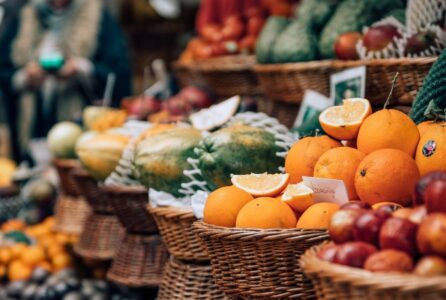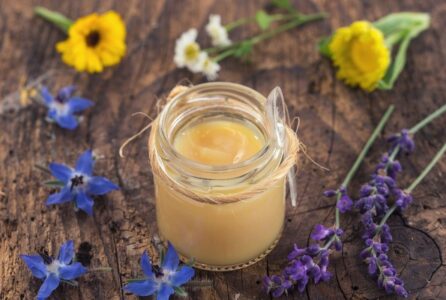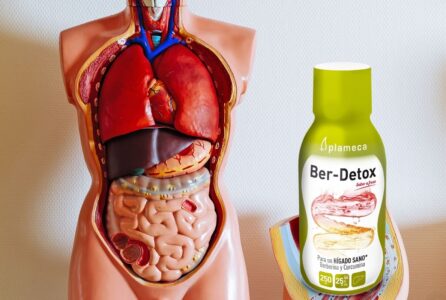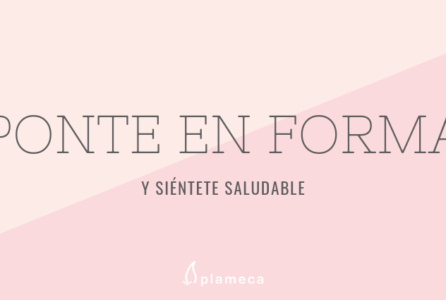The vacations are over and we are back to work. We know that this change is not equally easy for everyone. That is why we have talked to Dr. José Durán FloritPlameca's medical advisor, to give us some guidelines to be at the top of your game in the back to work. Dispersion, irritability, fatigue or body aches are some of the psychic and physical symptoms of the so-called post-holiday depression. Perhaps this is an exaggerated term to refer to an adaptation period that will last a maximum of two weeks.
According to Dr. Durán, most references speak of the aforementioned symptoms affecting approximately 30% of workers, although the percentage has surely decreased in recent years, because we value more the fact of having a job. "Nowadays having a job is a prize".
It is also true that there are jobs in which adaptation is more difficult. It is not the same to have a monotonous job with little mobility in front of a computer or a machine than to do intellectual or creative work. It is different to be an employee with a rigid schedule than to develop a freelance profession in which you can organize your schedule. Thus, in certain types of jobs it is more difficult to "lose the freedom to do what you want": to adapt to rigid and demanding schedules, to dress in a more formal way, to spend many hours outdoors, with a sun that raises the mood, to be in a closed building with artificial light...
Preparing for the return to work
For Dr. Durán, the best way to confront the back to work is to start taking measures a few days beforehand to prepare ourselves both physically and mentally:
- Return to the usual working hours of the working season. It will be good for us, for example, to set the alarm clock to the same time as the rest of the year a few days before starting work.
- Taking care of your diet. We must put a stop to disordered eating and drinking. In addition, we must opt for foods rich in tryptophanneurotransmitter that activates the serotoninknown as the happiness hormone. They are foods rich in tryptophan oily fish, chicken and turkey meat, eggs, dairy products, legumes, cereals, chocolate...
- Use natural products. Dr. Durán is not in favor of using conventional drugs to face this adaptation process. He is more in favor of using food supplements such as Ginkgo Optimus y Macawandhaby Plameca. They will help us to come back with a good mental and physical tone.
Let us know how the back to work and if you have taken any special measures. If you think tips like these can help you, subscribe to the blog.





